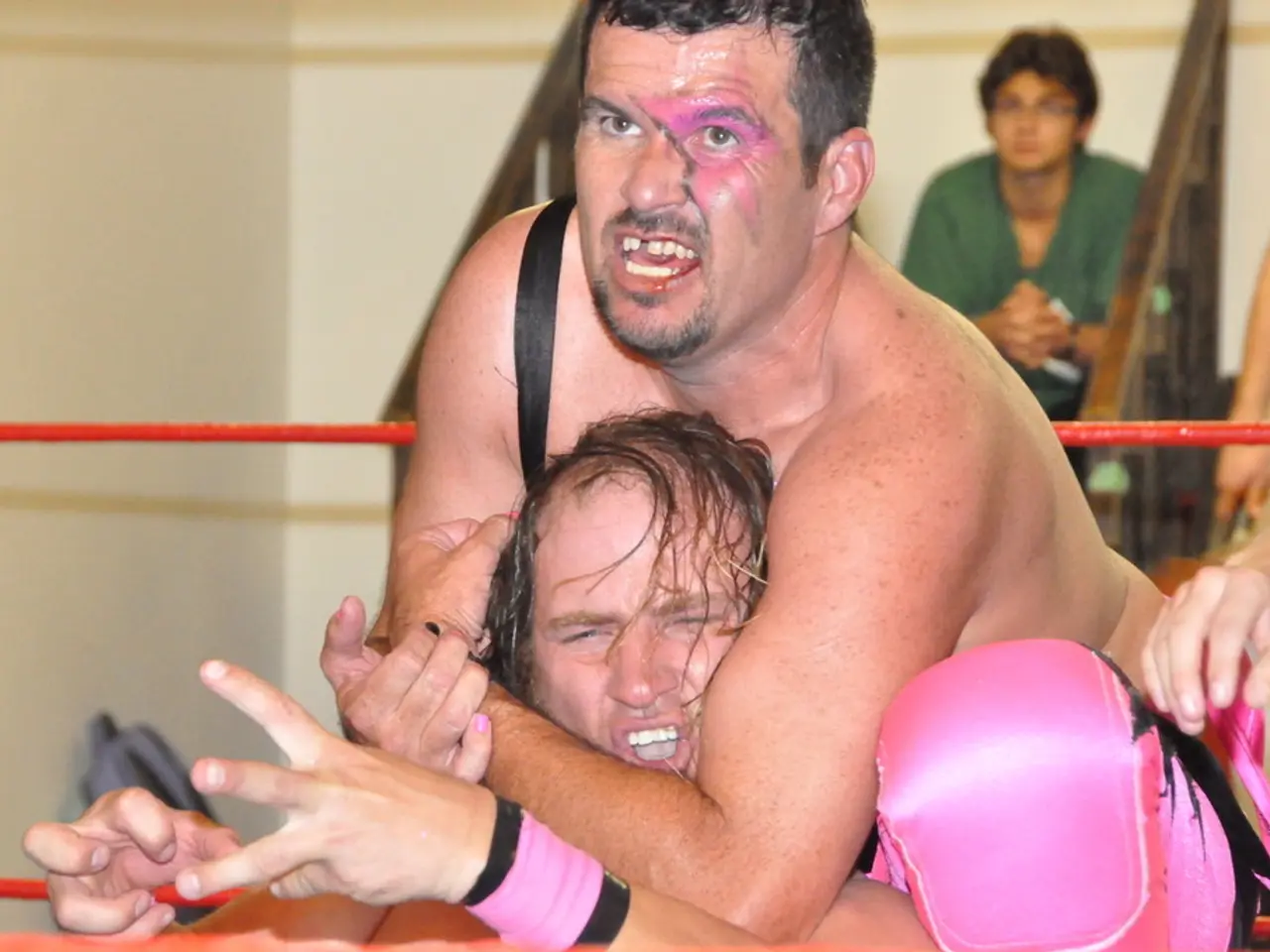Two boxers from Japan, competing on the same event, succumb to brain injuries.
In a shocking turn of events, two Japanese boxers, Shigetoshi Kotari and Hiromasa Urakawa, both aged 28, lost their lives due to brain injuries sustained during separate bouts at Tokyo's Korakuen Hall on August 2.
Kotari and Urakawa were rushed to a Tokyo hospital following their fights. Tragically, Kotari lost consciousness soon after his fight against Yamato Hata and passed away on August 8 at 10.59pm. Urakawa, who was stopped in the eighth round of his fight against Yoji Saito, succumbed to his injuries shortly after.
Their tragic deaths have sparked a wave of concern and prompted the Japan Boxing Commission (JBC) to take immediate action. The commission, in partnership with the Oriental and Pacific Boxing Federation (OPBF), has implemented several safety measures to reduce the risk of brain injury and fatal outcomes in boxing competitions.
One of the key changes is the reduction of title fight durations. Oriental and Pacific Boxing Federation (OPBF) title bouts have been immediately reduced from 12 rounds to 10 rounds, aiming to reduce prolonged exposure to head trauma during fights.
Another crucial measure is the mandatory partnering of boxing events with hospitals equipped to perform emergency surgeries for head and other injuries. This ensures rapid medical intervention when brain injuries occur.
Stringent medical protocols at ringside are also being re-evaluated and strengthened to improve fighter safety during events. Boxers who undergo craniotomy (surgery to remove a blood clot or relieve pressure in the brain caused by injury) due to brain injuries will be automatically retired from professional boxing to prevent further risk.
The Japan Boxing Commission has also initiated reviews of existing safety and retirement protocols, indicating possible further regulatory enhancements in response to these tragedies.
The World Boxing Organisation (WBO) announced Urakawa's death on its Instagram post on Sunday, and Kotari's M.T boxing gym announced his death on its website on Saturday. These events have revived public and organizational debates over boxing safety regulations in Japan, particularly about fight duration and medical preparedness during bouts.
The JBC's efforts to strengthen safety measures in boxing events are a significant step towards ensuring the safety of boxers in Japan. These measures aim to protect the health and well-being of boxers, ensuring they can continue to compete in a safe and fair environment.
Sports-related tragedies have reignited discussions about safety regulations in Japan, especially with regards to fight durations and medical preparedness. To protect the health and well-being of boxers, the Japan Boxing Commission (JBC) and Oriental and Pacific Boxing Federation (OPBF) have implemented several safety measures, such as reducing title fight durations to 10 rounds, partnering boxing events with hospitals for rapid medical intervention, and strengthening medical protocols at ringside.







